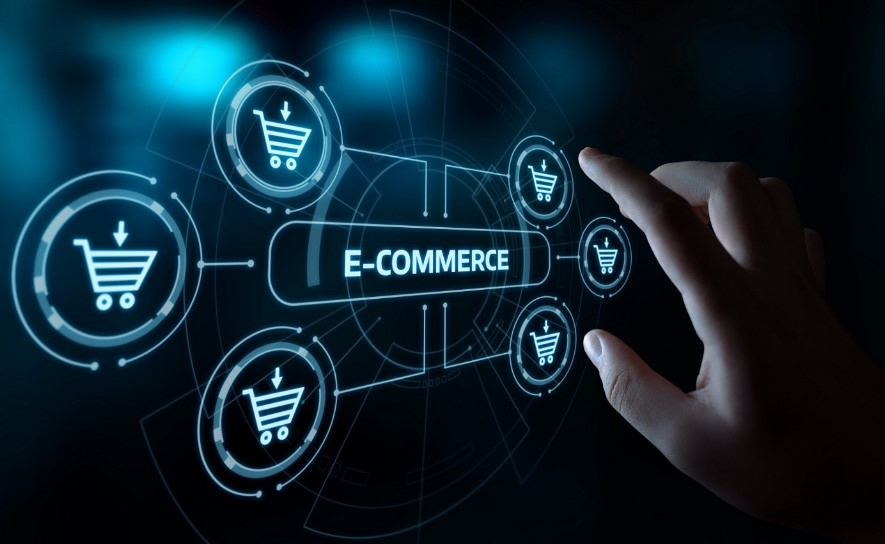What is E-commerce?
The term "e-commerce," which stands for "electronic commerce," describes the exchange of products and services over the internet.
By enabling customers to make purchases whenever they choose, from the comfort of their own homes, it has completely changed the way commerce is done. Businesses may access a larger customer base with e-commerce because geography is no longer an obstacle.
Additionally, it gives companies fresh chances to improve efficiency, save expenses, and boost profits. Online shopping, online marketplaces, digital content, and business-to-business transactions are some of the most popular types of e-commerce. Mobile commerce, which enables users to make purchases using their mobile devices, has grown as a result of the quick development of mobile technology.
Features of E-commerce

Inventory Management
Precisely track stock levels and guarantee prompt replenishment to satisfy client demand
Order Processing
Automation lowers the chance of errors and increases order accuracy
Logistics and shipping
Real-time tracking data that helps in planning better deliveries and cut expenses.
Scalability
Provides rapid business growth as e-commerce enterprises expand and their needs change.
How ERP aids in E-commerce?
ERP provides E-commerce module which helps in:
- Purchasing and selling products and services via a website or mobile application.
- Safe payment processing solutions for facilitating financial transactions, including credit card, debit card, and online payment services.
- Comprehensive product details, including photographs, descriptions, and user testimonials, to aid shoppers in making knowledgeable purchases.
- Customers may monitor the status of their orders with real-time order tracking and shipment updates.
- Targeted marketing and advertising strategies, such as email campaigns and web advertising, are available to reach a larger customer base.
- Provides flexibility and scalability
Conclusion
E-commerce companies' integration of Enterprise Resource Planning (ERP) systems has shown to be a wise strategic choice that offers a variety of advantages. ERP solutions give e-commerce companies real-time operational information, empowering them to make data-driven decisions that lower costs and increase customer happiness.
Key business operations like inventory management, order processing, and finance administration can be scaled up to accommodate the expansion of e-commerce companies through automation, which also increases their efficiency and accuracy.
Online retailers may offer a seamless and customized shopping experience by integration of ERP systems with shipping and logistics providers and Customer Relationship Management (CRM) systems, allowing them to offer a seamless and customized shopping experience.
We are just a call away to help you grow. Contact Us